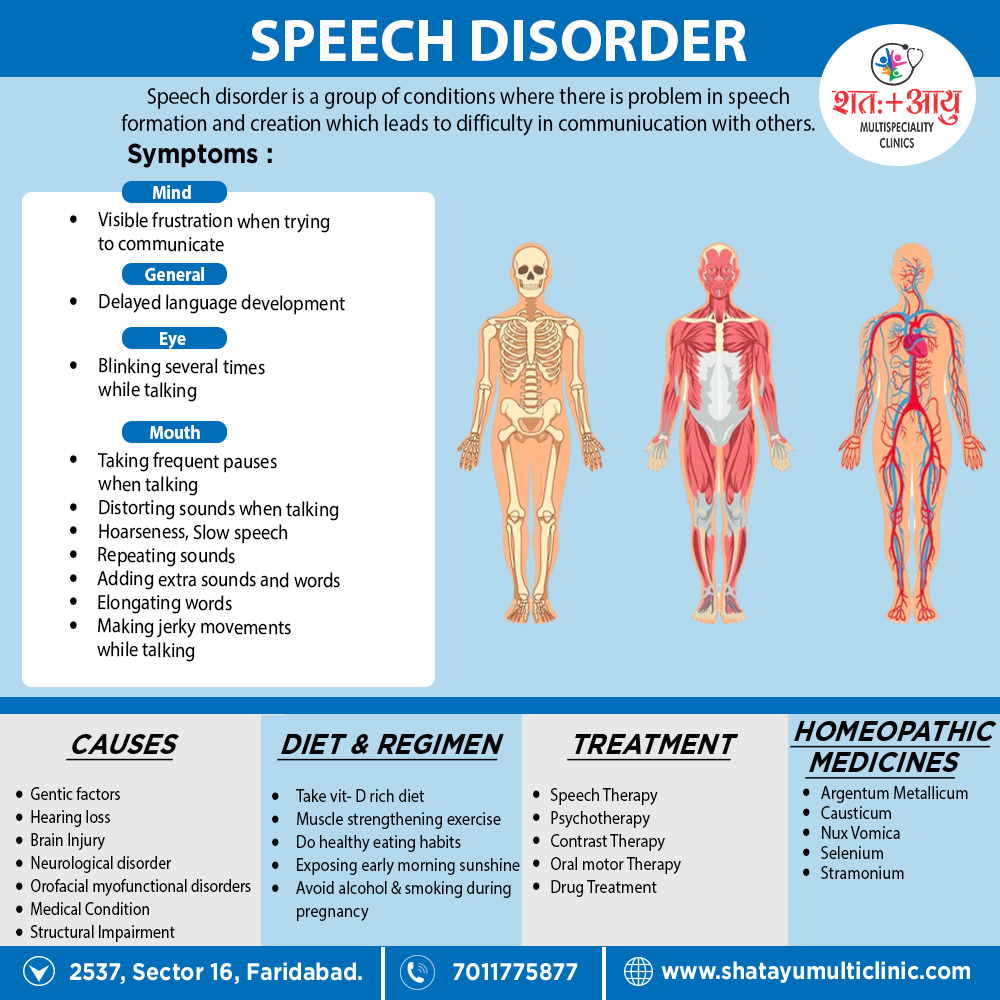Psychological impact i.e.:
- Person affected with speech disorders face severe embarrassment, teasing, bullying at school, family and workplace leading to poor confidence and lack of self esteem.
- This affects normal psychological well being and overall development of child.
Anxiety Disorders i.e.:
Speech Disorders may result in serious anxiety disorders like phobia of public speaking etc.
Learning Disorder i.e.:
Since speech is necessary for communication it can lead to learning disorders affecting career, future also relationships. [1]

